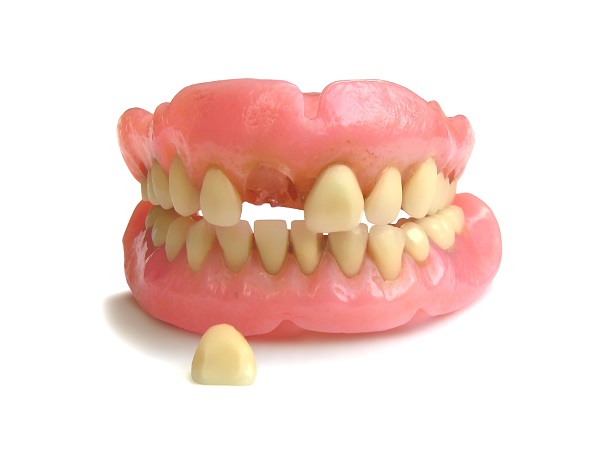How Can a Cavity Lead to a Missing Tooth?

A missing tooth is not the first thing that comes to mind when thinking of cavities. Most people would think of tooth pain or needing a dental filling. However, an untreated cavity can cause tooth loss, which affects more than the smile’s aesthetics. A missing tooth can usher in many oral problems, from teeth misalignment to jaw issues and gum disease. For this reason, dentists often advise patients to seek treatment once they notice the initial signs of cavities. In this article, you will learn about the development of cavities and how it can cause missing teeth.
The development of tooth decay
A tooth consists of three layers – the hard, first layer called the enamel, the softer, middle layer known as dentin, and lastly, the innermost layer containing the nerve and pulp tissue. Also called decay or caries, cavities cause structural damage to the teeth. Here is how a cavity starts:
After consuming foods or drinks, the bacteria present in the mouth convert the sugar and starch remnant into acids. The combination of bacteria, food particles, saliva, and the resulting acid forms plaque, which sticks to the tooth surface within minutes after eating. If the plaque is not cleaned off, it eventually hardens into tartar.
The presence of tartar and plaque causes gum inflammation, marking the beginning of the periodontal disease, called gingivitis. Gum disease is the most common cause of tooth loss in adults.
The acid produced by the bacterial plaque produces acids that gradually break down the enamel, causing cavities. When a cavity is not filled on time, it deepens until the infection gets to the tooth pulp. An infection or tooth abscess often ends up in extraction or missing tooth. A large cavity wrecks the entire tooth structure, until saving it might be impossible. Failure to replace the lost tooth will only result in further tooth loss.
The alternative is to repair the cavity and stop further damage. If the cavity is small and detected early, it will only affect the enamel, which can easily be fixed with a filling, inlay, onlay, or dental crown. An infection can be treated with a root canal to save the tooth.
Detecting a cavity
A cavity usually starts as a toothache. It is usually the sign that a dental visit is necessary. However, sometimes, the cavity may not even cause any pain. The more patients postpone the dental appointment, the more the cavity worsens to the point where it affects the tooth nerves or causes a fracture, and then, the pain might be unbearable. Even if the tooth pain is not persistent, the achiness may come when consuming cold or hot foods and drinks.
Fortunately, a cavity is preventable through proper oral health care. This means brushing at least twice daily, flossing, and reducing excessive intake of sugary and starchy foods. Biannual appointments with the dentist are also important as it ensures early detection of cavities.
In summary
A cavity, if caught early, will not cause a missing tooth. Book an appointment with the dentist today for a dental exam and cleaning.
Request an appointment here: https://smilefreshdentalgrandblanc.com or call Smile Fresh Dental at (810) 515-7083 for an appointment in our Grand Blanc office.
Check out what others are saying about our services on Google: Read our Yelp reviews.
Related Posts
When people hear the word tooth extraction, they often think of the potential discomfort it may cause. However, a key goal of tooth extraction is quite the opposite. Here is a closer look at tooth extraction and how it helps reduce dental pain.A dentist does not recommend a tooth extraction unless it is necessary. Their…
Wear and tear make denture repair inevitable in the long run. This is why a general dentistry practice that deals with dentures should have in-house facilities for minor and moderate repairs. The practice should also have quick access to a dental lab in case a patient needs major repairs for their dentures. Knowing when to…
Tooth extraction can be a daunting prospect for anyone, let alone children. Fortunately, our team can help parents learn everything they need to know about tooth extraction. As a parent, it is natural to be concerned about your child's well-being during a medical procedure. Knowing what to expect before, during, and after this common dental…
Over the years, tooth extraction has become more seamless than it once was. Many advancements have been made, which make the procedure more comfortable and less painful. However, it still helps to know what to expect so you can prepare.Getting a tooth extracted is not as scary as most think. In fact, most extractions only…
